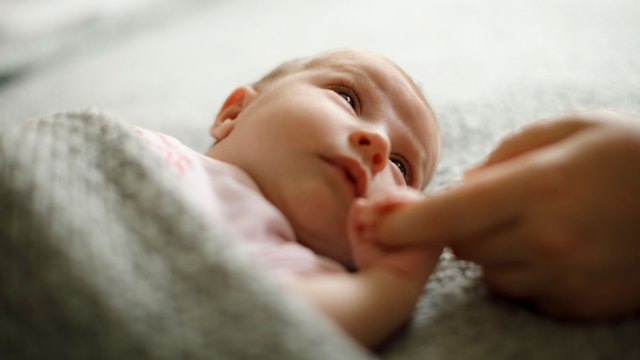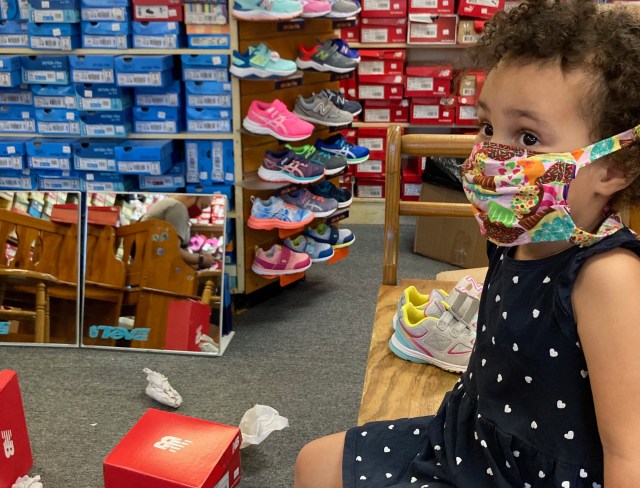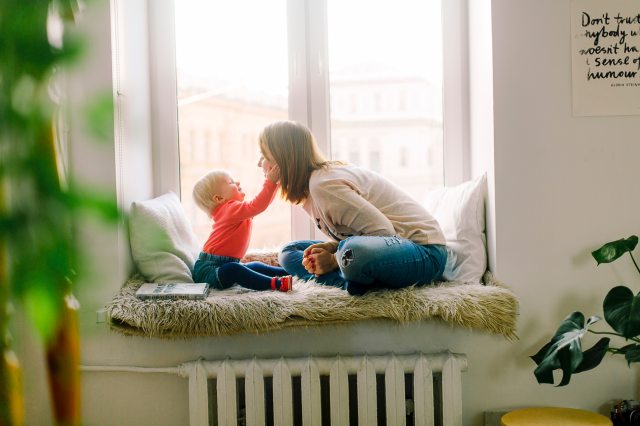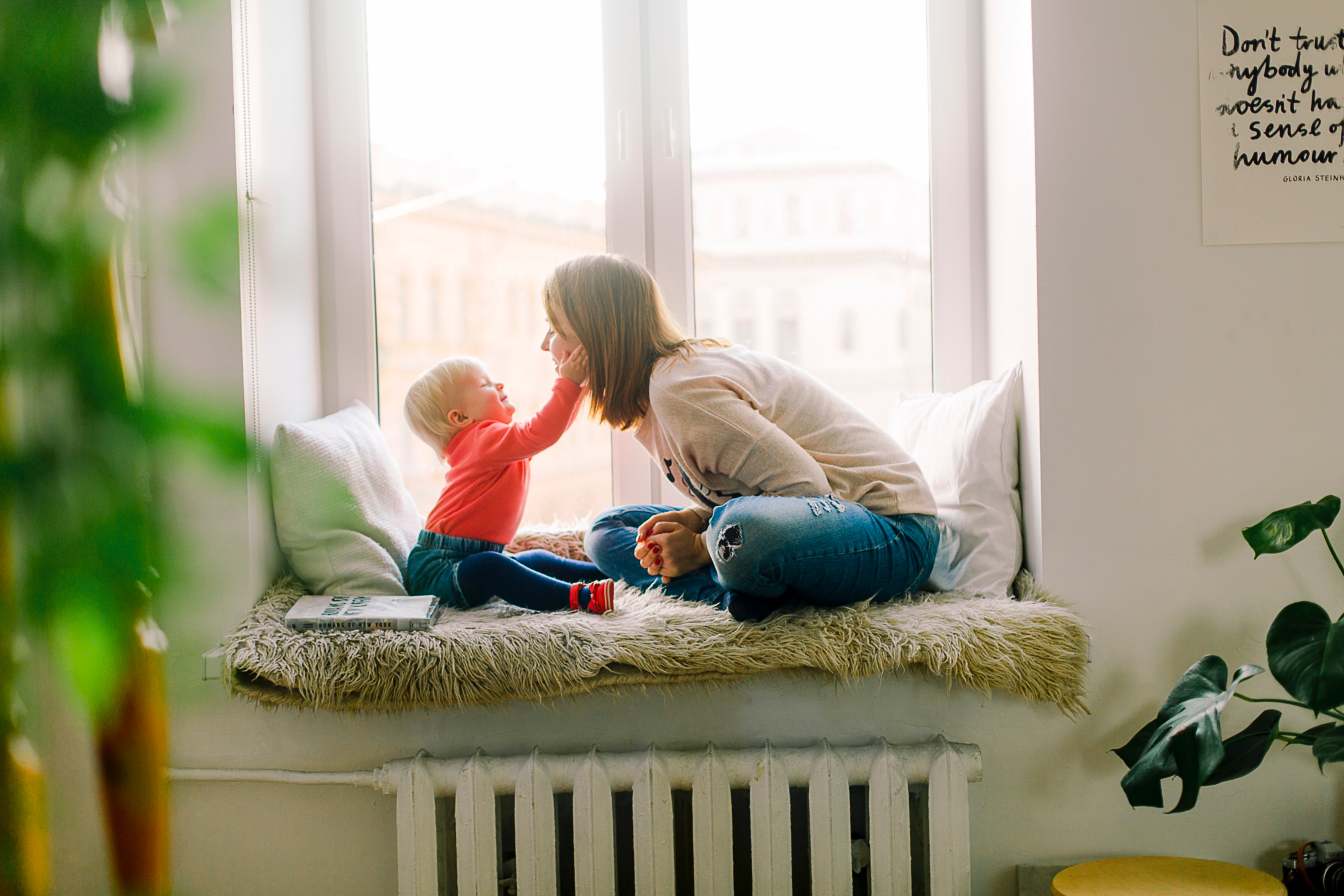Getting your three-year-old to agree with you can sometimes feel like negotiating with a foreign diplomat who doesn’t speak the same language. Still, there are times when your tots will surprise you with the occasional “yes.” It’s definitely a challenge to figure out how to raise cooperative toddlers, but according to one study, some might be more prone to being agreeable than others.
The study by researchers at the Max Planck Institute for Human Cognitive and Brain Sciences and the University of Virginia found that certain behaviors in babies could predict whether or not they would grow up to be cooperative toddlers. The study concluded that babies who paid attention to fearful faces in adults were more likely to be altruistic as toddlers and preschoolers, and altruism is considered a key component in cooperative behavior.
The study measured infants’ responses to fear in others at seven months old by tracking eye movement. Babies were exposed to faces that displayed several emotions including fear, happiness and anger. They later looked at the same babies’ altruistic behavior at 14 months. Responding to happy or angry faces was not linked to altruism later, but a response to the fearful faces was.
“From early in development, variability in altruistic helping behavior is linked to our responsiveness to seeing others in distress and brain processes implicated in attentional control. These findings critically advance our understanding of the emergence of altruism in humans by identifying responsiveness to fear in others as an early precursor contributing to variability in prosocial behavior,” said Tobias Grossmann, the lead author of the study and research team leader.
If you find that your baby takes note when you look terrified that you just ran out of coffee or panicked when you accidentally spill that freshly pumped milk, it could be a sign of calmer, more cooperative days ahead.
RELATED STORIES:
Even Babies Know How to Spot a Bully, New Study Reveals
Does Your Kid *Really* Remember Their First Memory? Probably Not, Study Finds
Does Your Toddler Make Better Decisions Than Your Teen? New Study Says Yes















